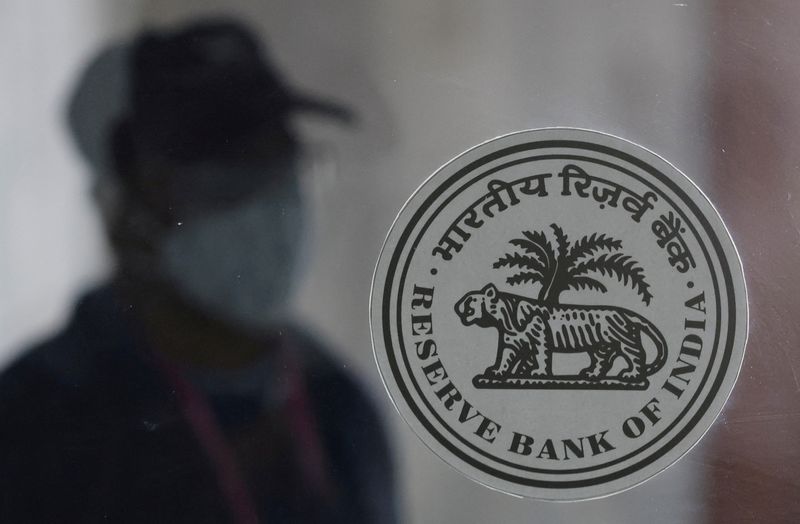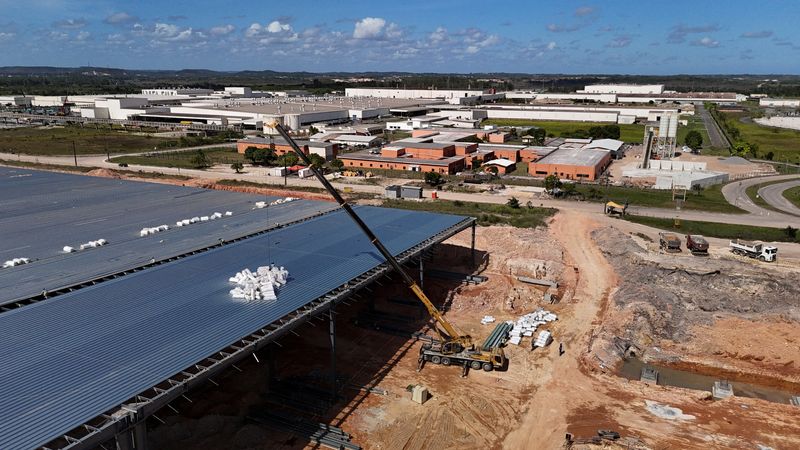By Rene Wagner and Christian Kraemer
BERLIN (Reuters) -Germany’s leading economic institutes have downgraded their forecast for 2024 and now see Europe’s largest economy shrinking by 0.1%, people familiar with the figures from the autumn joint economic forecast told Reuters on Tuesday.
Germany’s economy was the weakest among its large euro zone peers last year with a 0.3% contraction.
Inflation was expected to fall to 2.2% this year, from 5.9% last year, the sources said. It would be around the 2% mark targeted by the European Central Bank in the two following years, according to the sources.
Even with inflation on a downward trend, consumption remains weak and high energy costs, feeble global orders and high interest rates are still taking their toll.
What has so far been a resilient labour market will start to feel the impact of economic weakness. Unemployment would rise this year to 6.0% from 5.7%, a figure which was not expected to be reached again until 2026, the sources said.
The latest economic data paint a gloomy picture. German business morale fell for a fourth straight month in September and by more than expected, a survey showed on Tuesday.
Data earlier this week showed German business activity contracted in September at the sharpest pace in seven months, putting the economy on track to notch up a second consecutive quarter of falling output.
The economic institutes have also slashed their forecasts for the coming years, according to the sources. The growth forecast for 2025 has been cut to 0.8% from 1.4%, and for 2026, the institutes envisage growth of 1.3%, the sources said.
The institutes’ joint economic forecast is due to be published on Thursday, meaning the figures could still change slightly before then.

The economy ministry incorporates the combined estimates from the institutes – Ifo, DIW, IWH, IfW and RWI – into its own predictions.
According to its latest forecast, the German government expects the economy to grow 0.3% this year. An update is due in October.










